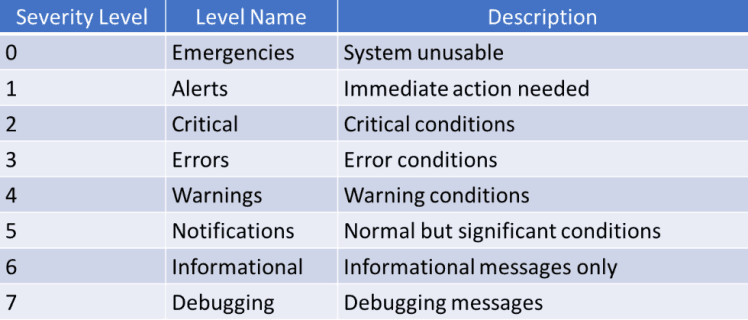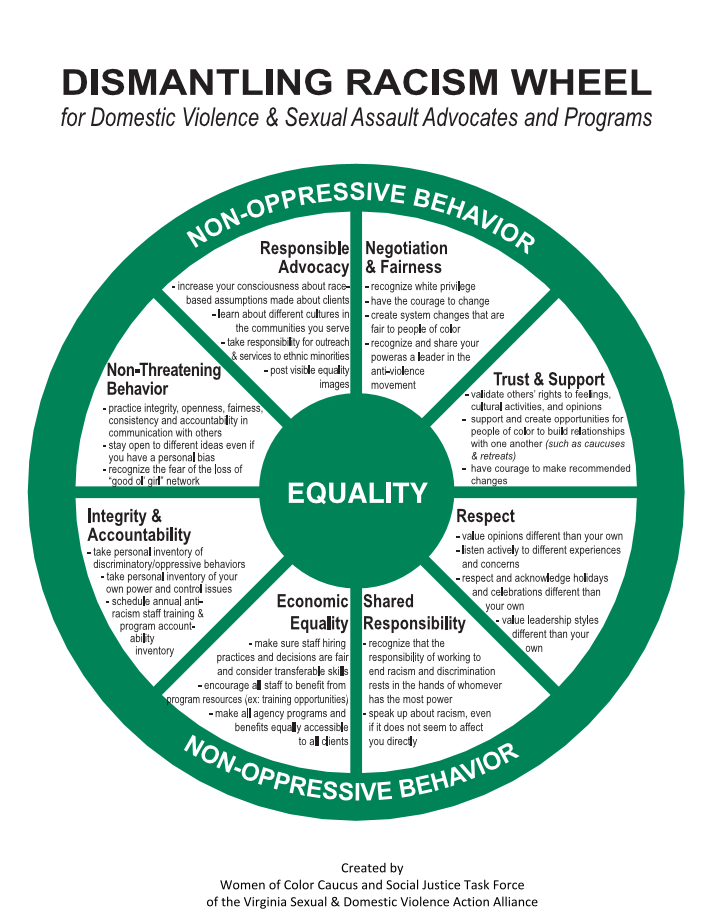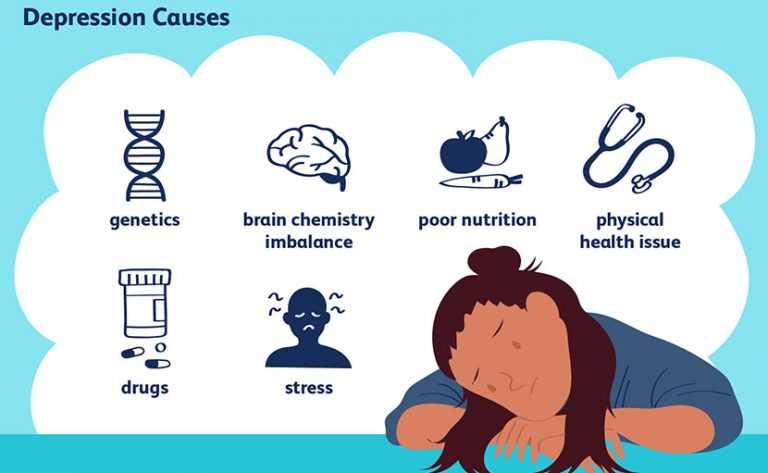Child low self esteem causes
Why They May Be Rooted in Childhood
by Phil LeBlanc | Nov 14, 2016
Low self-esteem can overshadow your entire life.
You lack confidence relating to others. That makes it difficult to establish relationships and thrive in social environments. It makes it difficult to hold your own with your friends and partners. Low self-esteem also impacts your career and working life.
But perhaps the worst part of low self-esteem is that you feel it even when you are by yourself. You feel inadequate, you compare yourself negatively to others, you don’t believe in yourself.
Overcoming low self-esteem can be a long journey.
And while it is very helpful to practice new behavior patterns and change unrealistic negative thinking, it is equally important to look at what caused your low self-esteem in the first place. Some of the main causes of low self-esteem are childhood experiences that undermine your confidence and change the way think of yourself.
Some of the main childhood causes of low self-esteem are
As a child, you seek your parents’ love and approval. Toddlers run up to their moms and shout: “Look what I did! Look what I can do!” Even very small children try to coax a smile out of their dads by behaving in ways they hope will find approval. For a small child, parental approval means survival. The parent will continue to care for the child.
It also means a sense of security. And from that sense of security, the child can grow. However, if the parents withhold approval, or if they actively disapprove much of the time, the child will start to feel insecure. They will feel they did something wrong. But most of the time, they don’t know what. Should they not have shown their dad the picture they just drew? Should they not have been proud of their new dance steps?
This kind of experience is one of the major causes of low self-esteem.
If it happens repeatedly, then the low self-esteem is reinforced.
- Fear based teaching
Fear generates low self-esteem. In some learning environments, fear plays a big part. It may be a fear of punishment, made worse by unclear rules, that the child is always uncertain about doing something wrong. This then, transforms into a fear that there is something intrinsically wrong with them, or shame, whatever they do.
It may be a fear of punishment, made worse by unclear rules, that the child is always uncertain about doing something wrong. This then, transforms into a fear that there is something intrinsically wrong with them, or shame, whatever they do.
Pressure to perform, or even to overachieve, can also be one of the causes of low self-esteem. The child learns to value themselves only through grades and awards or by some other system of highly visible external approval valued by authority figures. The impact is equally damaging for high achieving and low achieving students.
- Bullying
Unfortunately, parents and teachers are not the only ones who can undermine a child’s self-esteem. Bullying by other kids, at school or in the playground, is a huge challenge to the way a child feels about themselves.
While parental approval, love and encouragement are the main sources of healthy self-esteem in early childhood, approval by the peer group becomes more and more important as we grow up.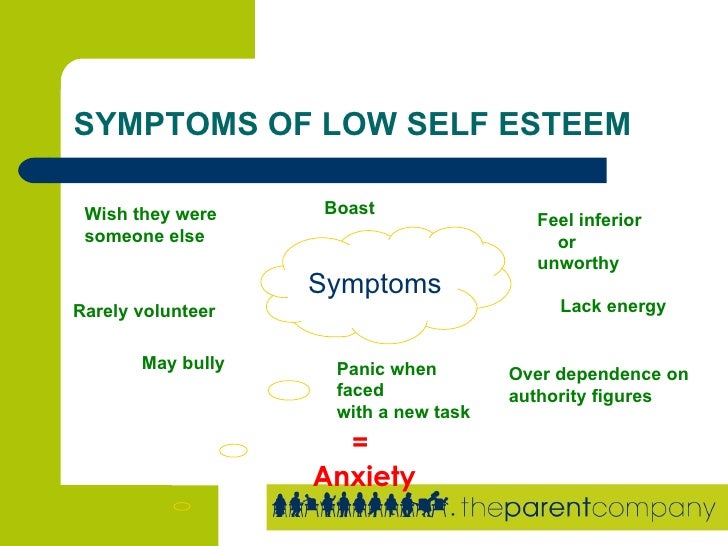 A fear of not ‘fitting in’, of being bullied for being different in terms of race, background, gender, religion or social behaviour is a major childhood cause of low self-esteem. Loss of confidence is the natural consequence of being bullied.
A fear of not ‘fitting in’, of being bullied for being different in terms of race, background, gender, religion or social behaviour is a major childhood cause of low self-esteem. Loss of confidence is the natural consequence of being bullied.
- Childhood trauma
In the most severe cases, the cause of low self-esteem can be childhood trauma such as sexual or physical abuse, disasters, severe illness or bereavement. All of these experiences send a message to the child that the world around them is not safe. Nothing can be trusted. Survivors of childhood abuse often also have to contend with being blamed for the crimes that were committed against them.
The causes of low self-esteem are indeed often rooted in childhood. This is why counseling and psychotherapy are so useful and so successful in treating it. By healing the deep original wounds to self-image and our view of the world you can begin to repair the small child inside you who needs to believe in him or herself and be at peace.
For further information, please take a look at my specialty page on individual counseling.
4 Causes of Low Self-Esteem in Children
Low self-esteem in children leads to adults with low self-esteem.
In fact, low self-esteem is one of the main reasons that people enter therapy with me.
The reasons that they have developed low self-esteem are often varied.
Despite this, there seem to be some common themes that individuals with low self-esteem share.
These are concerns that have plagued them, often their whole life, and followed them into their adult life.
Understanding what causes self-esteem in children will help these clients work out their emotions.
Otherwise, they will continue to lose opportunities if it is not worked out.
If you are struggling with low self-esteem, it is encouraged that you seek some type of help and support to work through this problem.
Therapy will help you be the best version of yourself that you can be.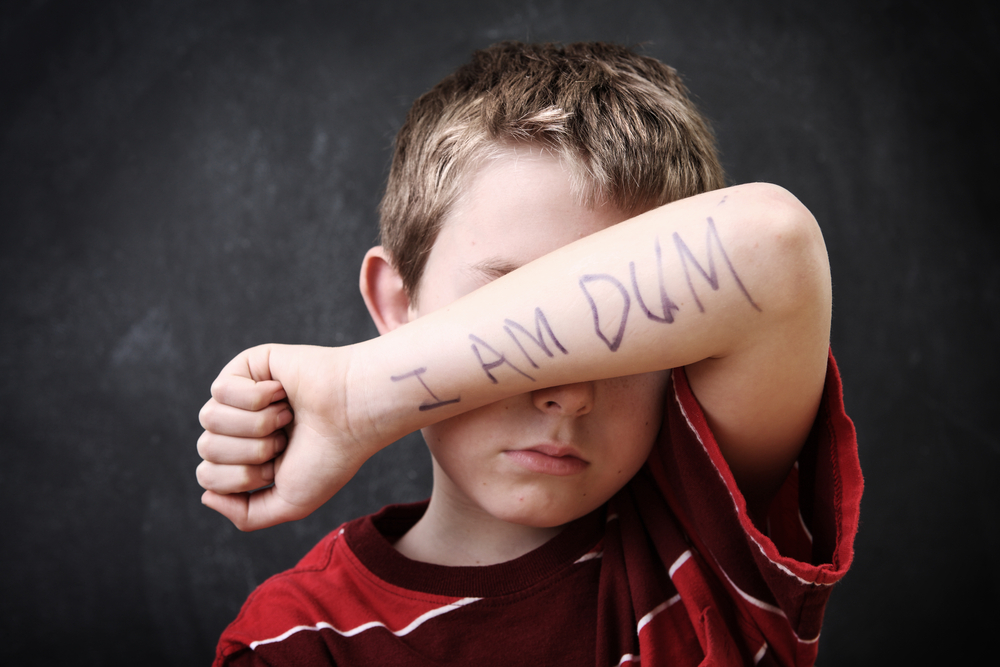
It will also help future generations of children grow up with better self-esteem.
So what are these common themes that cause low self-esteem?
Struggling academically without parental or scholastic support increases low-self esteem in children
Children who have a hard time in school or even in a particular subject are at an increased risk of suffering from low self-esteem.
Especially if they do not receive the help and support they need at school or at home.
Reach out to your child’s teacher and guidance counselor to discuss the issues.
They feel “stupid,” and ill-equipped.
These kids have no way of knowing if others are struggling as well, but they often feel like they are the only person who does not understand.
This makes them feel like they cannot be successful, and that they are not smart at school.
The sad thing is that with a little support, this issue can often be resolved.
All it takes is an adult figure to notice they are struggling and intervene.
While parents and teachers are over-worked and tired themselves, perhaps if they understood the long-term implications of the matter, they would find a way to help.
Often it does not take much to help the student and turn the situation around.
Have a conversation with your kids about bullies and not putting stock in other people’s opinions.
Bullying is another cause of low-self esteem in children
Children and teens who are bullied, teased, and put down develop a negative self-image that can carry over into their adult lives.
If parents, other trusted adults, or a solid peer group do not step in to undo the damage that a bully is causing, the individual can hold on to this pain.
This pain can cause a negative self-image that lasts a lifetime.
A child that is told they are fat and stupid just a single time can hold on to that belief throughout their lives.
They believe what the bullies are saying and internalize it.
Some even believe that they deserve it.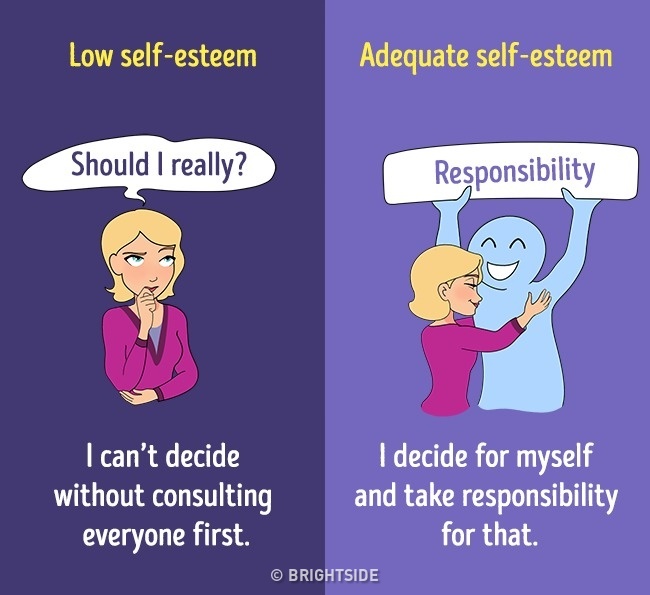
There are so many individuals who grow up with low self-esteem and a negative self-image because not a single person stepped in and stood up for them.
Someone telling them that what they were being told was not true could have made a difference.
Such a simple act of kindness or courage could change the way an individual views themselves for the rest of their lives.
At a minimum, they know that there was someone in their lives that cared enough to tell them differently.
Praise your kids daily, and make sure they see you offer praise to strangers throughout the day.
Another cause of low-self esteem in children is suffering trauma during a developmental time
This could be physical, emotional, or sexual abuse.
These kids need help to work through the trauma at this essential point in their lives.
Otherwise, the trauma could have a permanent impact on the way the individual sees and feels about themselves.
Trauma can make the person feel like they did something wrong.
They might feel like they were not good enough, or as if they deserved the abuse.
Being physically or emotionally violated leads many to believe that it was their fault.
Even if they know it was not, they know no one stepped in and protected them or stood up for them.
This makes them feel like they were not worth that protection, or that there was a reason they were traumatized.
If they do not get help to work through these issues, they won’t learn that what happened was wrong and undeserved.
Instead, these issues of low self-esteem and low self-worth follow them throughout their lives.
Society and the media can also affect a child’s self-esteem
Despite progress, we still present young people with unrealistic images of what they should look like, and what makes people popular.
From airbrushed pictures to models with unattainable figures, youth are left believing that this is what they are supposed to look like.
Then they feel worthless if this is not what they can achieve.
Social media presents them with poor role models who are famous for displaying negative behaviors.
These people are praised for accomplishments that are not admirable.
However, when the person cannot accomplish even a fraction of what they see, despite their hard work, they feel like a failure.
They do not realize that what they are comparing themselves to is not reality.
It is not easily attainable.
They are left thinking that they are a failure because no one has stepped in and explained that what they are seeking is not reality.
Teach them it is ok to chase their dreams but show them how to make an actual goal.
Adults can point out what their kids have achieved.
These same adults should help them set realistic goals that make them feel good about themselves.
Encourage them and give them the tools they need for success.
We can all do our part to help improve the self-esteem of the children around us.
Let’s ensure the future generation has the right foundation to grow!
Related Topics:MotivationTop 500top motivation
Low self-esteem in a child: who is to blame and what to do?
#LIFE_INCAMP
Skip to content
The problem of low self-esteem, unfortunately, is familiar to many people.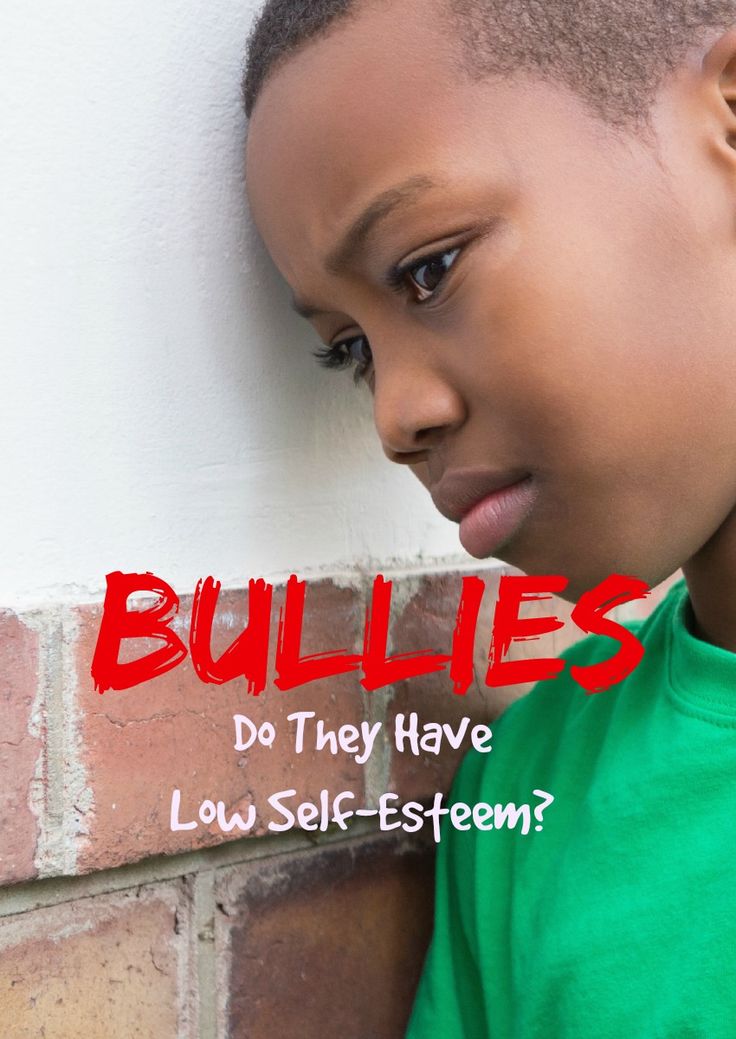 If your child does not like to be photographed, look at himself in the mirror and is terribly afraid of public speaking, then perhaps she is close to him. We interviewed Yuliana Isakova, a psychologist, a specialist at the 12 Collegia Center, and found out: self-doubt is a sentence or a development zone.
If your child does not like to be photographed, look at himself in the mirror and is terribly afraid of public speaking, then perhaps she is close to him. We interviewed Yuliana Isakova, a psychologist, a specialist at the 12 Collegia Center, and found out: self-doubt is a sentence or a development zone.
Is it normal for teenagers to have low self-esteem or should they immediately contact a psychologist?
A question of degree. In general, experiences associated with self-esteem are typical for a teenager and can be considered a feature of age. One day a teenager thinks that everything is fine with him, he is talented and good-looking. But already tomorrow, without any objective factors, self-esteem can change to a diametrically opposite one. He will decide that he is a loser, especially if someone said something to him or commented on his actions.
In general, it is normal to experience anxiety due to one's own characteristics, but one should pay attention to the level of severity of this problem, and if it interferes with a teenager's daily life, then a specialist can be consulted.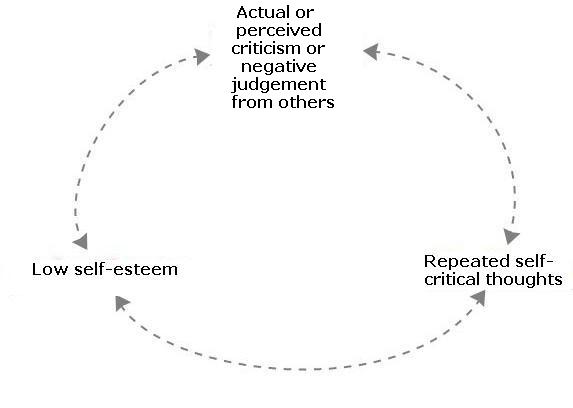
Experience of the white crow or How to survive for a beginner?
Is there a line after which one should definitely turn to a psychologist?
There are several bells and whistles: does he socialize with other children or does he spend all his free time alone? How does it react to changes? If he went to a new section, went to a new camp, did his behavior change? What's with his health? Do you often have headaches and stomachaches? Does he skip school for this reason?
Does the teenager have unstable self-esteem?
Yes, that's right. It is situational, changeable and largely depends on the words of others.
How is self-esteem formed in a child and what influences it?
The process of child development and the formation of self-esteem is divided into two periods: preschool and school. Before school, the child is oriented towards significant adults, and his self-esteem is directly dependent on their words and feedback.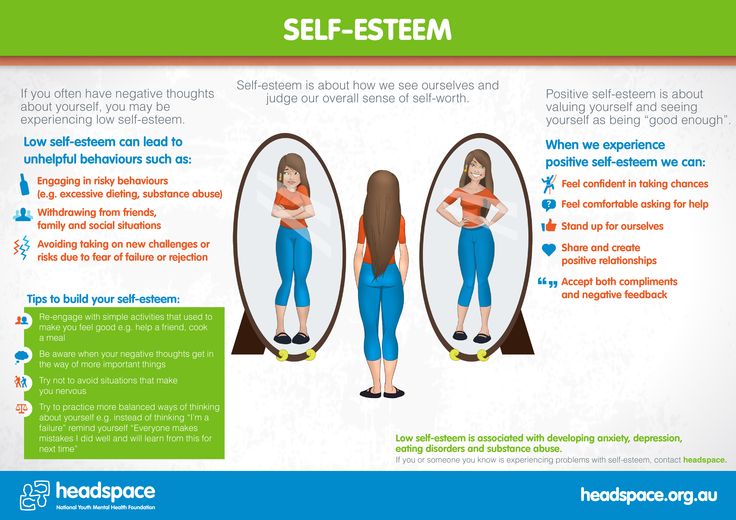 The child so far has little contact with peers and does not fully understand: that nothing works out well, and what does not. Therefore, it is considered normal if a child comes to school with a slightly overestimated self-esteem - this is not a problem, but a feature of age.
The child so far has little contact with peers and does not fully understand: that nothing works out well, and what does not. Therefore, it is considered normal if a child comes to school with a slightly overestimated self-esteem - this is not a problem, but a feature of age.
Then, when the child goes to elementary school, he begins to compare himself with others, receives feedback from peers and teachers, his self-esteem decreases somewhat and becomes adequate, because now it is based on experience. At this moment, an attitude towards oneself and one's activity is formed, therefore it is very important what kind of “charge” a teacher of elementary grades gives: criticizes or, conversely, praises children.
What should a parent do to ensure that a child has adequate self-esteem?
There are some basic rules. First, when discussing a child's activities, compare their results to their previous experiences, not to other children, siblings, yourself, or anyone else.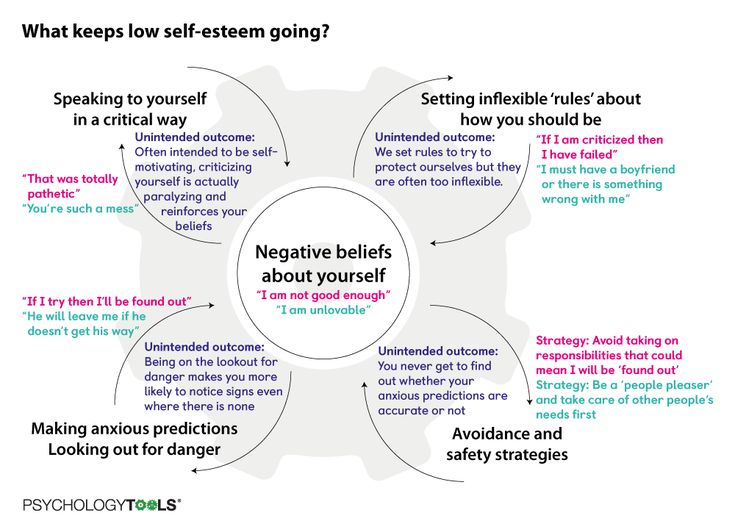 Comparison should always take place with him in the past. “You got two threes this week and four last week. You're great and you've done your best."
Comparison should always take place with him in the past. “You got two threes this week and four last week. You're great and you've done your best."
Secondly, do not use generalizations and criticize not the child, but his act. When parents are annoyed, they often use the wording: “What you are inattentive to me, you are losing everything” or “What a slob you are: you scattered everything.” Children remember such assessments and believe that they are true.
There is a principle of feedback, in which when communicating with a child, you pay attention not to failures, but to successes. For example, you teach him to write letters. He wrote the whole alphabet, some of the letters turned out well, some not so much. What do parents usually do? They point out bad letters and ask them to rewrite them. And you can ask: “Which letters turned out the best and do you like the most?”. Select them together with your child and then invite the rest to write just as carefully.
Is it correct to tell a child that he is the best? Or is that also a comparison?
For a preschooler it is correct, but a schoolchild is already able to distinguish a realistic assessment from a fantastic one.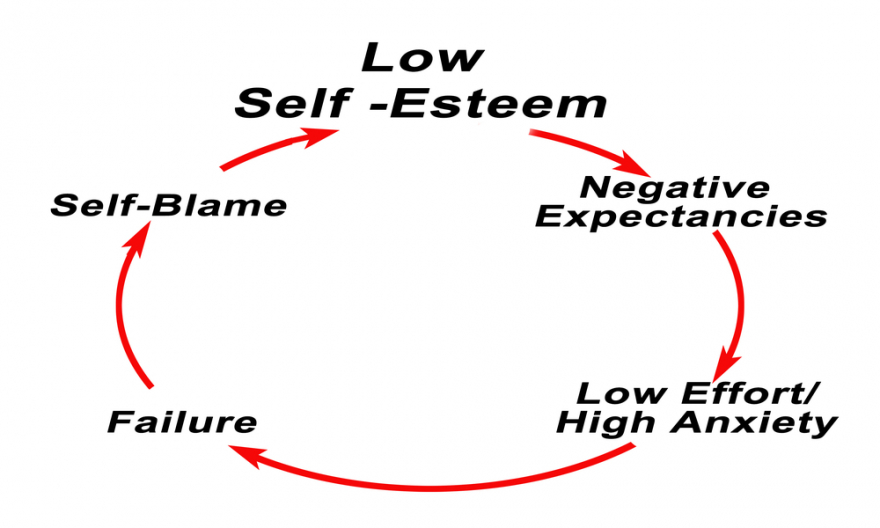 If the estimate is unrealistic, he may feel cheated, so it is better to use comparisons only with his past results.
If the estimate is unrealistic, he may feel cheated, so it is better to use comparisons only with his past results.
Is low self-esteem correctable?
Fortunately, this is not a sentence, you can work with it and improve it at any age: school, teenagers and adults. It has been corrected successfully.
How?
Most often complex work takes place. Firstly, it is necessary to teach parents to give positive assessments and correctly respond to successes and failures so that the child feels supported. Then the child comes to individual consultations or group trainings. Group work is also useful for those who have difficulties in communicating with other guys.
Child worries about appearance - what to do?
Adolescents are mostly worried about appearance - another characteristic of age. The body is changing rapidly, they stop recognizing themselves in the mirror and they need time to accept a new image.
But if changes or certain features are experienced by the child painfully, then it is important to understand whether the problem is real or he has invented it for himself. If acne is real, for example, then you should consult a doctor together for advice and support the child on the path to recovery. If the problem is far-fetched, consider an individual consultation with a psychologist.
If acne is real, for example, then you should consult a doctor together for advice and support the child on the path to recovery. If the problem is far-fetched, consider an individual consultation with a psychologist.
10 signs of anorexia or bulimia in a child
What should I do if my child is worried about intellectual abilities or sports?
This is where the compensation principle comes into play. It does not work in one area - we are looking for one in which it will work out. An important role is played by examples of compensation of parents, friends and acquaintances. Remember Steve Jobs' speech about how adversity propelled him to much greater success? Such stories motivate to look for "their" areas, to develop and achieve results.
Should a child be required to develop harmoniously in all areas, or is it better to give him the opportunity to do what he likes and succeeds in?
At the first stage, it is better to let them develop in what they like, especially if there are questions about self-esteem. It is important for a child to feel the euphoria of success and realization of opportunities. At the next stages, tasks from other areas can be offered as a challenge and a new step.
It is important for a child to feel the euphoria of success and realization of opportunities. At the next stages, tasks from other areas can be offered as a challenge and a new step.
It is also necessary to take into account the type of the child's nervous system. People with some types of nervous system cannot stand the same type of prolonged activity, but they are happy to take on new tasks. This is also worth considering.
Is high self-esteem also linked to self-doubt?
Inflated self-esteem, most often, is a disguise for a low one. Often the aggressive, defiant and rude behavior of a teenager means he is not sure how he really looks. This is adjusted in group sessions.
A few words of farewell to teenagers and their parents, for whom the topic of self-esteem is relevant…
Among teenagers, it is often customary to behave positively. Show them that everything is fine and there are no worries. While they are together on such a wave, it seems to everyone that only he has problems, and the life of the rest is easy and carefree.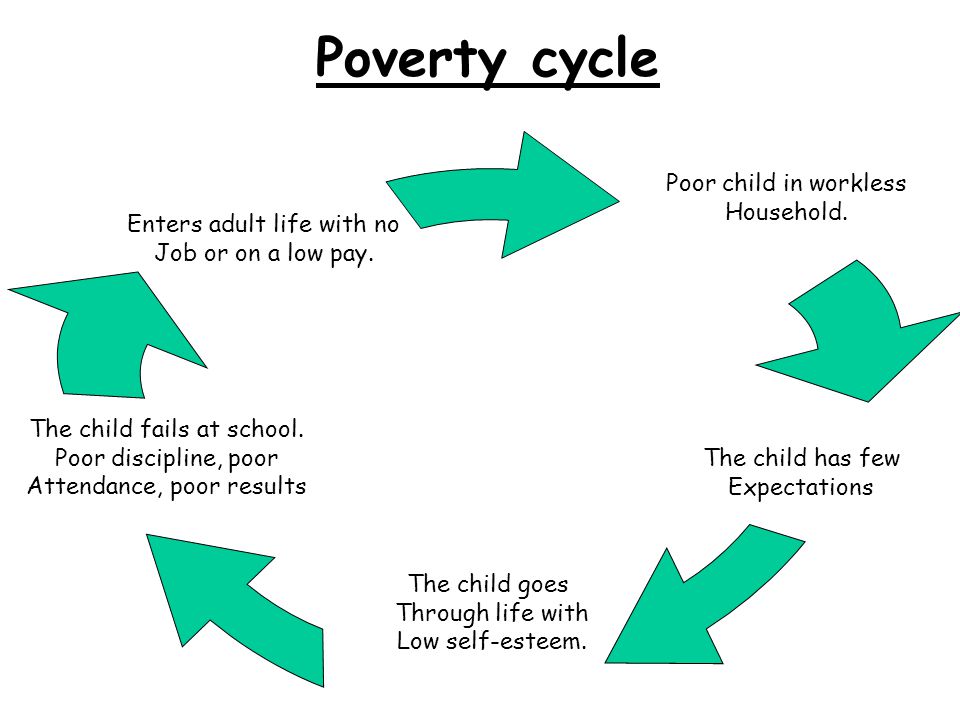 One of the objectives of the training is to honestly talk about how they are not the same and have the same problems. It is important to understand that you are not unique in your experiences and you can deal with them.
One of the objectives of the training is to honestly talk about how they are not the same and have the same problems. It is important to understand that you are not unique in your experiences and you can deal with them.
Curriculum vitae:
Yuliana IsakovaYuliana Isakova is a counseling psychologist, a specialist at the 12 Collegia Center, graduated from the Faculty of Psychology at St. Petersburg State University with a degree in General Psychology.
Since 2008, Yuliana has been conducting trainings, development sessions and individual consultations for children aged 6-13, as well as conducting diagnostics for children and adolescents.
Completed additional training in the following courses:
- Special course "Mediation in conflict resolution" (21 hours, St. Petersburg State University, Faculty of Psychology) 2008;
- Special course "Technology of practical group work" (36 hours, St. Petersburg State University, Faculty of Psychology) 2009;
- Methodical seminar-training "Art therapy of emotional disorders and crisis conditions in children and adolescents" (24 hours, "Imaton") 2011;
- Advanced training under the program “Emotional disorders in children.
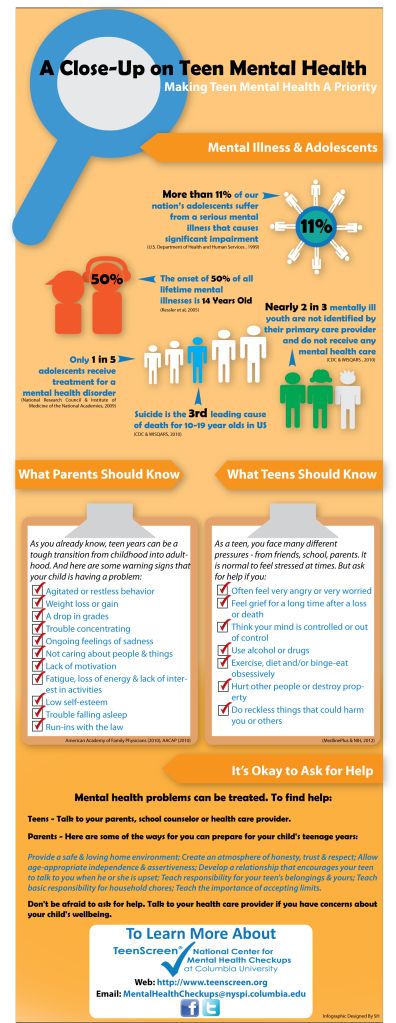 Methods of psychological correction "(72 hours," Imaton ") 2012, etc.
Methods of psychological correction "(72 hours," Imaton ") 2012, etc.
You can book free of charge a ticket to the camp "12 colleges" where Yuliana works:
Thematic camp:
Psychological camp:
0
0
0
0
0
Published Author Elena RyzhenkovaCategories Psychology and HealthLow self-esteem in a child: causes and consequences
The child constantly learns something new about the world, he is often stressed or afraid, because there is too much unknown, and he needs support from his parents. Unconditional and calm. Mom and dad can explain unfamiliar phenomena, say what is good and what is bad, right and wrong. Guiding and reassuring a child is an important function of a parent.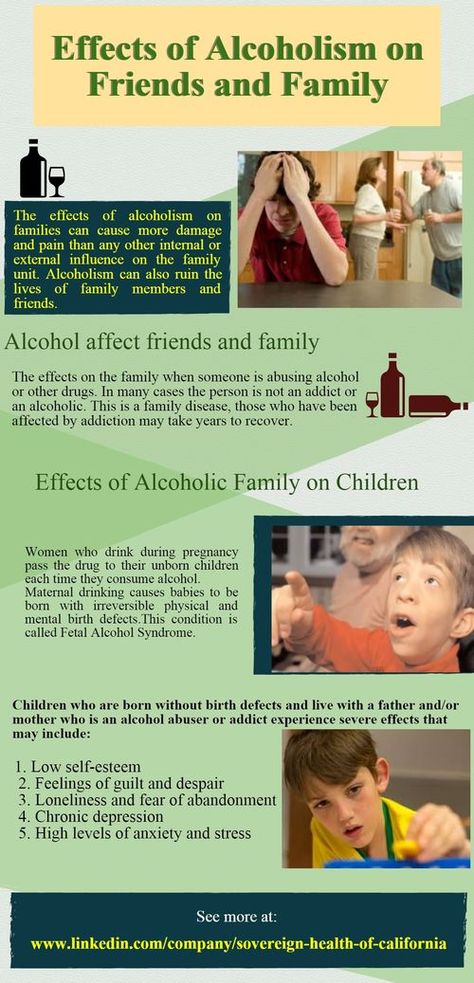 If you do not support his undertakings, ridicule impulses and actions, treat his thoughts and actions with skepticism, then the child will devalue his work and thoughts, his self-confidence will decrease or disappear altogether.
If you do not support his undertakings, ridicule impulses and actions, treat his thoughts and actions with skepticism, then the child will devalue his work and thoughts, his self-confidence will decrease or disappear altogether.
Aggression
The child is often naughty and naughty - this stage of development cannot be avoided, it must be monitored and corrected in time. But this is definitely not a reason to show aggression towards the child. Conflicts and misunderstandings must be resolved peacefully, no matter how difficult it may be. Sometimes it is very easy to break loose, but if this happens, calmly explain to the child that you love him and that he is not bad. Manipulating a child and intimidating him is an objectively wrong principle of education. Practice shows that it is possible to agree with each child “in a good way”, and anger and negativity give rise only to distrust and uncertainty. Such emotions are of no use. Situations when a child can feel unnecessary, bad, abandoned, give rise to complexes and underestimate self-esteem.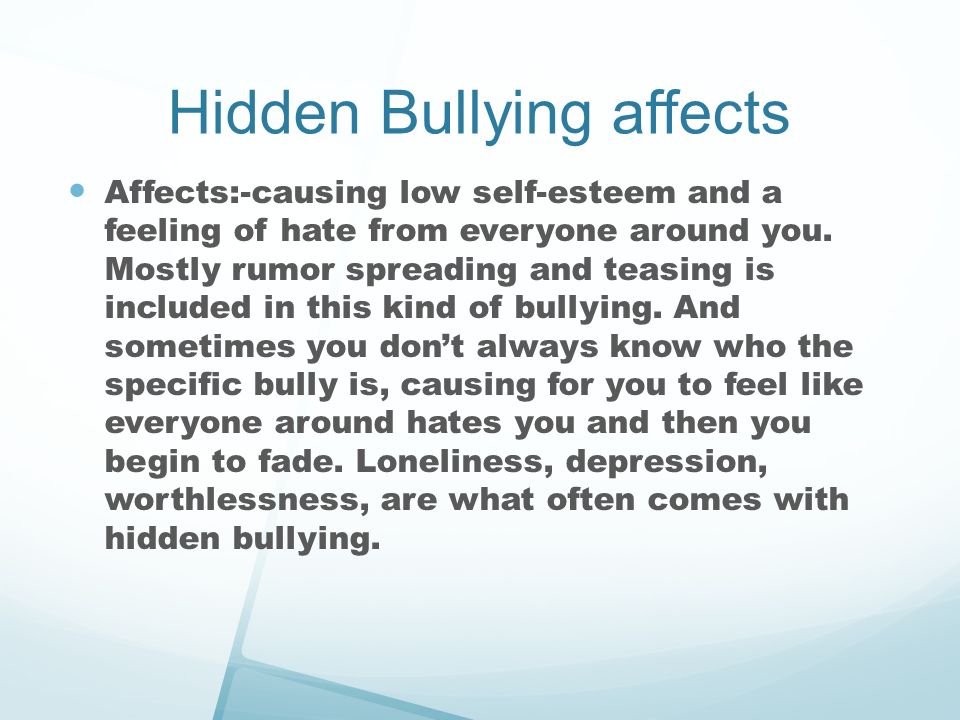
There are several universal recommendations that will suit children and parents with a variety of personalities, temperaments and behaviors. The main thing is to be attentive to each other.
Praise and explain what you are praising for
If the child was polite, correctly completed some task, was not capricious and did not beg for anything in the store, brushed his teeth in the morning without a reminder - be sure to praise him, but not beyond measure. It is very important to encourage and encourage the child, but to maintain a balance of rewards and not consider every action of the child a feat.
Allow mistakes, don't patronize too much
If the child is active, don't put a spoke in his wheels, fearing that something will not work out for him. Let your child do things on their own. Failures and defeats will teach the child to overcome difficulties and achieve the desired results. It is important to explain to the child that a mistake and a loss are also a result and an experience.
Understand problems and set up optimism
Try not to limit yourself to routine phrases, answering the child to various questions and explaining why in this or that situation it was worth doing this and not otherwise. It will be easier for him if you explain everything in detail and individually, whatever he asks.
Learn to help others and resolve disputes without conflict
Proper, correct behavior in society is an important aspect in understanding oneself and self-confidence. If a child can enter into a dialogue and resolve a dispute with a peer without conflict, competently answer the elder, show sensitivity and help the younger ones, then his self-esteem and self-confidence will only grow.
Dream and fantasize together, do not laugh at the dreams and plans of the child
If a child wants to become an astronaut or visit all corners of the Earth, do not rush to bring him down from heaven to Earth and disappoint him, explaining how difficult it is to realize these dreams.




